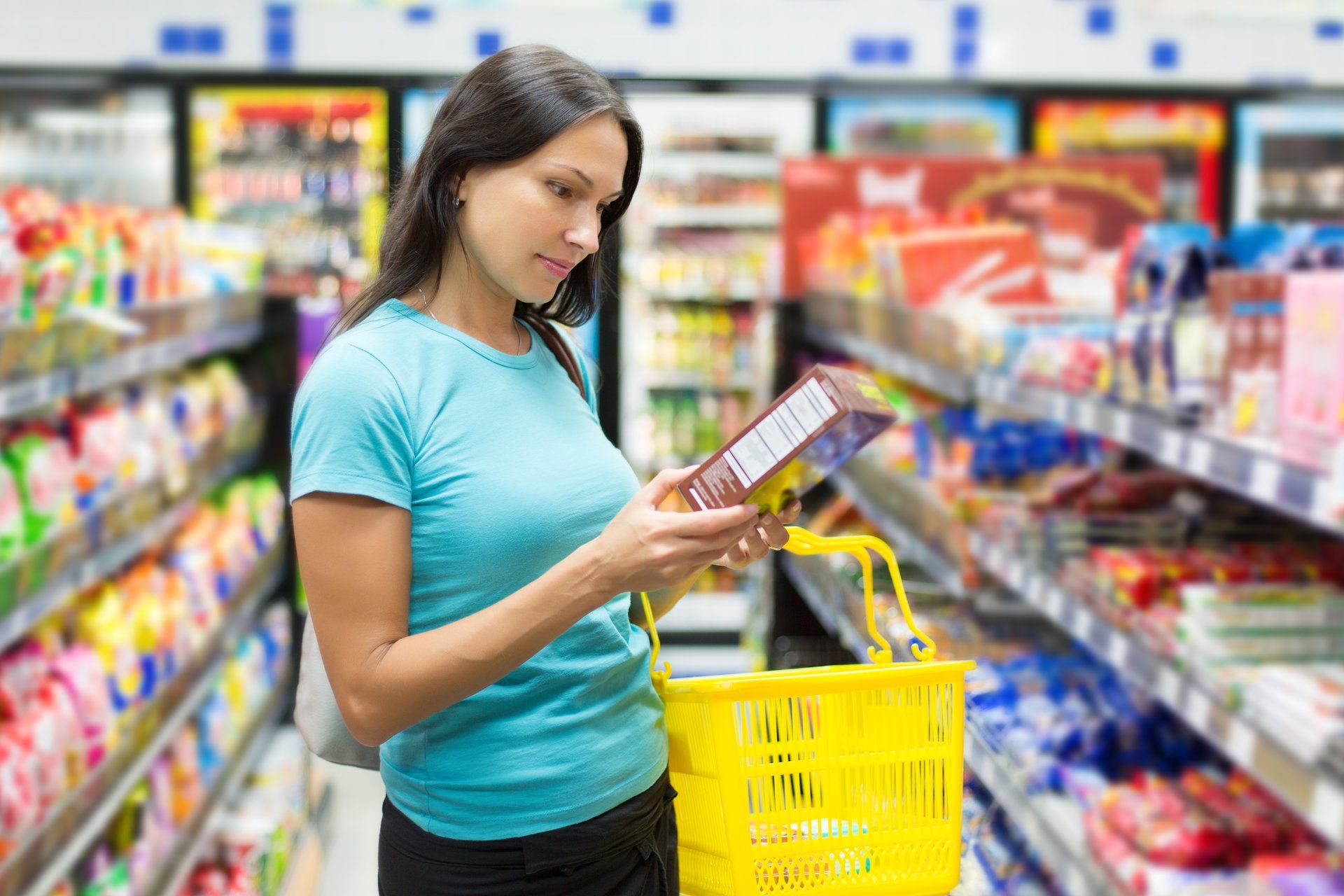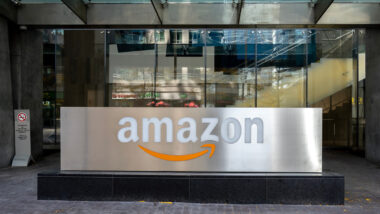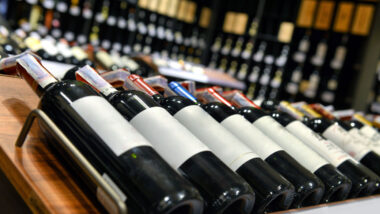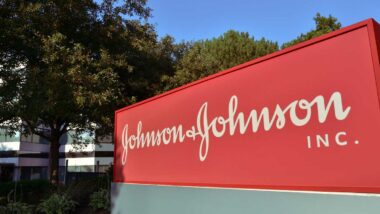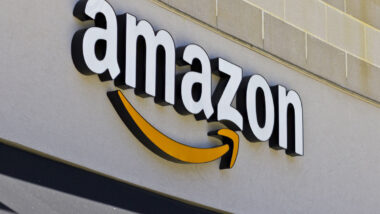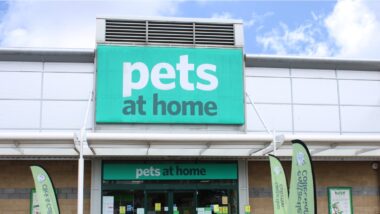Top Class Actions’s website and social media posts use affiliate links. If you make a purchase using such links, we may receive a commission, but it will not result in any additional charges to you. Please review our Affiliate Link Disclosure for more information.
Shoppers in the U.K. have a new tool to help them avoid food fraud.
The British Standards Institution has implemented the Kitemark for Food Assurance, a sticker that alerts customers that the product they’re buying is “safe, sustainable and authentic”, Express reported.
Some may already be familiar with the Kitemark.
The quality mark was first registered in 1903 and has been used on a range of products from building materials to fire safety products to gas appliances.
“Our highly recognized quality mark confirms that a product or service has been thoroughly tested and checked, time and again, and proven to meet a recognized industry standard or need,” the British Standards Institution says. “It’s a voluntary mark manufacturers and service industries use to demonstrate safety, reliability and quality.”
When shoppers see the Kitemark sticker in shops, it indicates that the company has verified the details claimed by food packaging labels, according to Express.
The goals of implementing the Kitemark are to verify the promises made to customers, confirming product integrity through sampling and testing scientifically measurable claims and to “validate 30 data points from legal status, geo-location, number of personnel to production capacity and export countries to create a unique living BSI VerifEye client profile”, according to BSI.
The VerifEye profile is available online through the BSI VerifEye Directory with consumer information accessible via QR code on a product’s packaging. Using the directory, consumers are able to actively check verified organizations.
Foods most commonly reported as adulterated include herbs and spices, coffee, seafood, honey and olive oil, according to a Parliament POSTnote.
These products are generally tested for authenticity more frequently. Some are concerned that those perpetrating the fraud may move on to target foods that are subject to less rigorous controls, the POSTnote says.
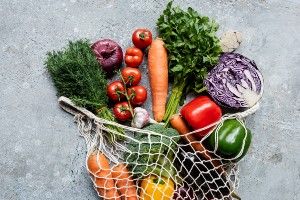
Though a 2017 Food Standards Agency survey found that consumers are confident in the U.K. food system and perceive it as safe, according to the POSTnote, “… modern food supply chains and manufacturing infrastructure have greatly increased opportunities for it to occur, its scale and impact.”
Examples of food fraud include the intentional adulteration or mislabelling of food for financial gain.
It is estimated the annual global trade in counterfeit food and drink ranges from $6.2 billion (just under £5 billion) to $40 billion (about £32 billion).
Over £80 million of fraudulent food and drink was seized in 78 countries last year. However, this may not fully represent the extent of the fraud.
In addition, modern food supply chains and manufacturing have increased the number of opportunities for food fraud to occur, as well as the scale and effects of the fraud.
In one fairly recent high-profile case of food fraud, undeclared horsemeat was added to beef products in the U.K. and Europe in 2013, the POSTnote said.
Following that incident, the U.K. government commissioned the Elliott Review of the integrity of U.K. food supply networks, which resulted in the establishment of the National Food Crime Unit and Food Industry Intelligence Network in 2014 and 2015, respectively.
The National Food Crime Unit is a law enforcement function of the Food Standards Agency and provides leadership on food crime in England, Wales and Northern Ireland.
The Food Industry Intelligence Network helps ensure food supply chain integrity and protects consumer interests.
However, some stakeholders believe the National Food Crime Unit does not wield sufficient power and that local authorities need more resources.
Food fraud affects both consumers and the economy.
It poses a health risk by “exposing consumers to toxic chemicals, pathogenic bacteria, or mislabelled allergens”, the POSTnote says.
A restaurant owner was sentenced. in 2016 to six years in prison on a manslaughter charge (with additional months for food safety violations) after substituting almond powder with a mixed-nut powder containing peanuts. A customer died as a result of the substitution.
Other effects of food fraud could include “loss of nutrition and inadvertent consumption of foods that are normally restricted for ethical or religious reasons”, according to the POSTnote.
To counter these past incidents of fraud, businesses must go through several steps if they want to achieve Kitemark certification.
They must agree to a protocol for Kitemark programme, submit an application form, go through an optional gap assessment to determine if the company’s current performance will help it meet its future goals, install compliance sample testing protocol, complete a VerifEye site profile, obtain and annually renew a Kitemark license, perform ongoing monitoring via test results and go through a Kitemark site assessment.
The first food product to bear the BSI Kitemark will be honey from The Scottish Bee Company, Express reported.
“Provenance, purity, social responsibility and environmental sustainability is so important to us and we wanted to assure our customers around the world that when you buy a jar of our ‘Scottish heather honey’, that’s exactly what you’re getting”, the company said on its blog.
The new grocery stickers feature the BSI logo with the label “Food Assurance Kitemark” and the product’s company name, according to Express.
“Today, people want to understand the important details about the food they eat”, BSI chief executive Howard Kerr said in a news release. “By extending the power of the Kitemark into areas like food authenticity and provenance, BSI can serve that need. After all, customers deserve food that’s safe, sustainable and socially responsible.”
ATTORNEY ADVERTISING
Top Class Actions is a Proud Member of the American Bar Association
LEGAL INFORMATION IS NOT LEGAL ADVICE
Top Class Actions Legal Statement
©2008 – 2024 Top Class Actions® LLC
Various Trademarks held by their respective owners
This website is not intended for viewing or usage by European Union citizens.

